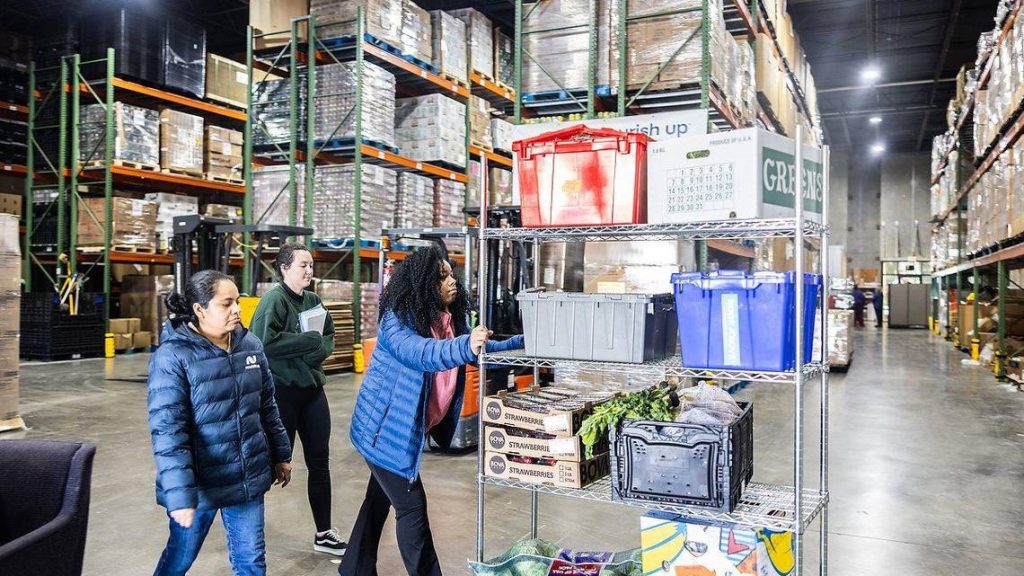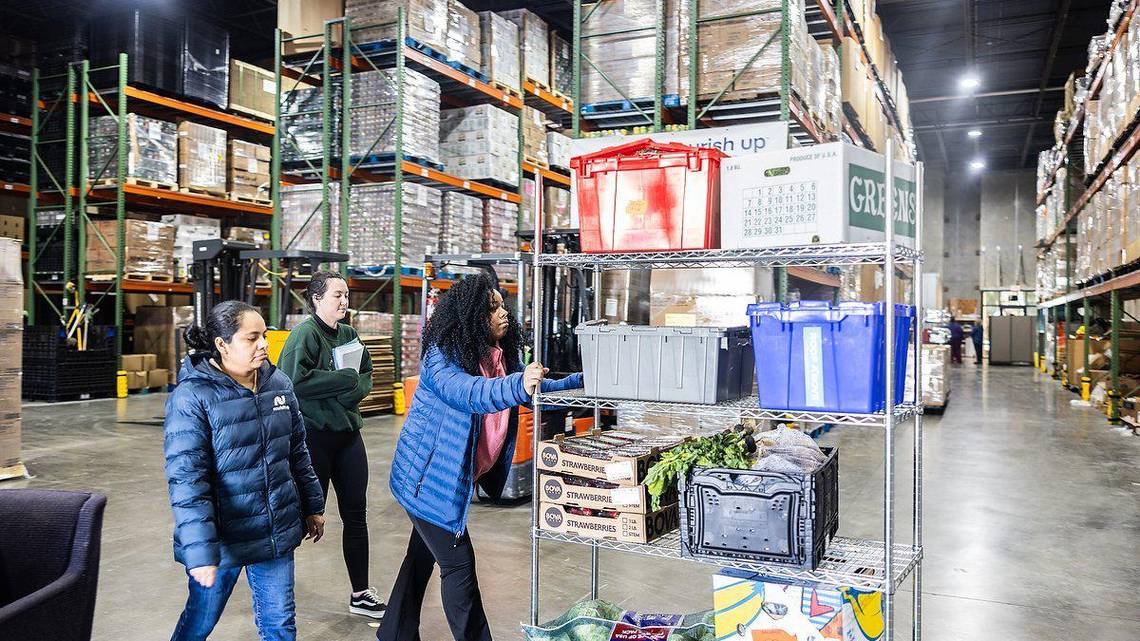Recent reports reveal a concerning trend in Mecklenburg County, North Carolina, as delays in processing SNAP benefits intensify the risk of residents facing hunger. According to insights from The Charlotte Observer, the county’s approval rate for food stamp applications within the federally mandated timeframe was a mere 58% last week, significantly below the state average of approximately 80%.

The repercussions of these delays are stark, as individuals and families dependent on SNAP benefits struggle to put food on the table amidst rising food insecurity. The situation is compounded by the backlog in food stamp recertification cases, which soared to over 4,800 in August 2023, as highlighted by Channel 9. However, a glimmer of hope emerged as county officials announced the clearance of this backlog by December, facilitated by the addition of extra staff to address the mounting administrative challenges.
Nevertheless, the persisting delays underscore the urgent need for streamlined processes and enhanced support systems to ensure timely access to essential food assistance for vulnerable populations. As the community grapples with the enduring impacts of the pandemic and economic uncertainties, addressing the root causes of bureaucratic inefficiencies remains paramount in safeguarding the well-being of Mecklenburg County residents.
The plight of individuals facing hunger amid benefit delays serves as a poignant reminder of the critical role of efficient social welfare systems in safeguarding the most vulnerable members of society. It is imperative for stakeholders at all levels to collaborate diligently in addressing these systemic challenges and fortifying the safety net for those in need.
